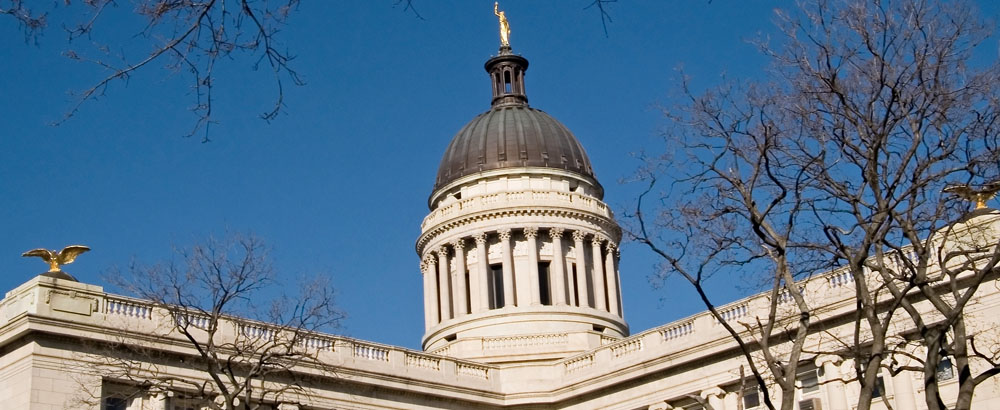In New Jersey, any estate larger than $675,000 is subject to the New Jersey Estate Tax.
A New Jersey estate tax return, Form IT Estate, must be filed if the decedent’s gross estate plus adjusted taxable gifts exceeds $675,000 within 9 months of date of death. The New Jersey estate tax is either the maximum credit for state inheritance, estate, succession or legacy taxes allowable under the provisions of the Internal Revenue Code in effect on December 31, 2001 (this is called the “Form 706 Method”), or an amount determined pursuant to the Simplified Tax System prescribed by the Director, Division of Taxation (this is called the “Simplified Form Method”).
Continue reading “New Jersey Estate Tax”










